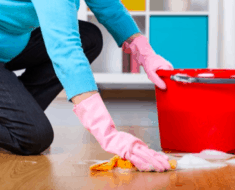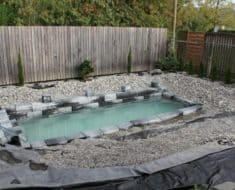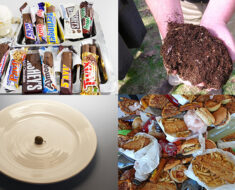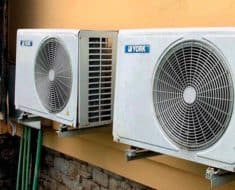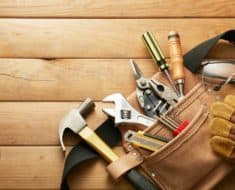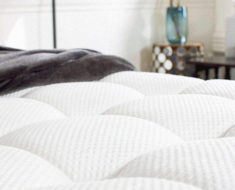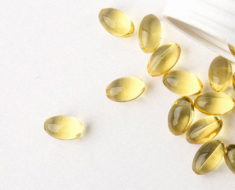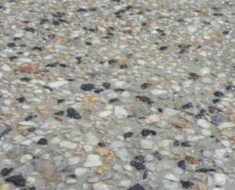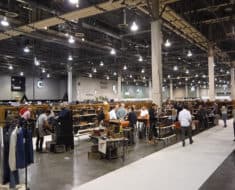
Source: https://www.ukgbc.org/
When it comes to improving your home and making it more sustainable, you have a lot of options, both large and small and of varying degrees of expense. No matter what your budget, even a small improvement towards a sustainable and economically friendly home is always going to be a positive step. Whether you’re deciding to renovate, looking to build a new home or just searching for any way to improve your current one, sustainability is the way to go – and here’s how to do it.
1. Insulation
Insulation wherever possible will be a huge benefit for your home, in the long run, not only to maintain the heat in your property but to save money on energy bills, too. Loft insulation should be the priority, to ensure that no heat is lost through the roof, but there are other options for heating, too, such as under-floor insulation and wall insulation. You should also make sure that any gaps around windows and doors are sealed, too, to retain the heat in your property.
The cost of insulation will vary depending on property factors such as the size of your loft, but you can always make initial inquiries and gain estimates for the work – it may be cheaper than you think, not to mention you will earn your money back in no time with the amount saved on heating bills.
2. Solar Panels
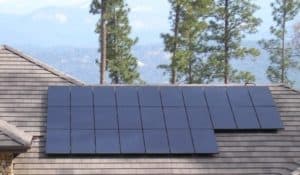
Source: https://news.energysage.com/
Solar panels will be the biggest investment you can make for the sustainability of your home, but with a lifetime benefit. Using solar energy not only helps the planet, but it will eradicate your hefty electricity bills, and could even get rid of them altogether. It will also add bags of value on to your property if you come to sell. Governments are also fully backing the installation of solar panels due to the environmental benefits, and it may be that government funding can help with some of the costs. Renew Energy can assist with all your solar panel needs and inquiries to ensure that your house becomes as sustainable as possible at a reasonable price.
3. Double-Glazing
Having adequate windows fitted in your property means you prevent heat loss and also promote noise reduction. Double-glazing is the best choice if you’re looking to replace your windows, as they will keep your home properly heated and sustainable.
Double-glazing also allows you to be better protected from the elements, such as heavy rain, wind, and severe storm weather. Flimsy single-glazed windows are more likely to have less chance against an onslaught of heavy weather.
Additionally, installing double-glazing will be a bonus for anybody redecorating or looking to modernize their home, by replacing outdated single-glazing with a modern and stylish alternative.
4. Energy-Efficient Appliances
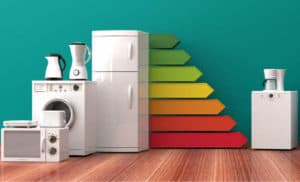
Source: https://www.greenbiz.com/
You might not even realize how many appliances and electrical goods you’re using constantly in your home on a daily basis, with switches constantly being turned on and off. Replacing your appliances with energy-efficient versions means you’re being more economically friendly, saving on your electricity bills and ensuring that your home is installed with safe appliances. The next time you need to replace an appliance, or are looking for a new one, consider an energy-efficient model.
5. Always Recycle
Perhaps you already do, but taking the time to implement a routine recycling plan for your home will benefit the environment and reduce your general waste a significant amount, preventing overflowing garbage cans outside your home – along with preventing overflowing landfills. Make sure that you have all the relevant recycling containers needed – for plastic, cardboard, etc. – and be sure to always use them.
6. Plan for a Garden

Source: https://freshome.com/
Keeping yourself busy with an active garden is a great way to promote a cleaner environment, as well as offering a host of benefits such as being able to grow your own vegetables or herbs.
Having a garden is also the perfect opportunity to make your own compost and use it beneficially – your own compost can be formed from everyday waste your property produces, meaning you not only encourage a flowering garden but recycle your waste in a better manner, too. Homemade compost can include items such as vegetable peelings, eggshells, and teabags.
If you’re not big on a grand garden abundant with flowers or you simply don’t have that much of an urge to be a gardener, then you could try for just a few manageable plants. Even if these are just house plants in certain rooms or around the outside doorway of your home they are still providing you with a cleaner atmosphere. You never know – keeping plants might give you the bug to try for more.







